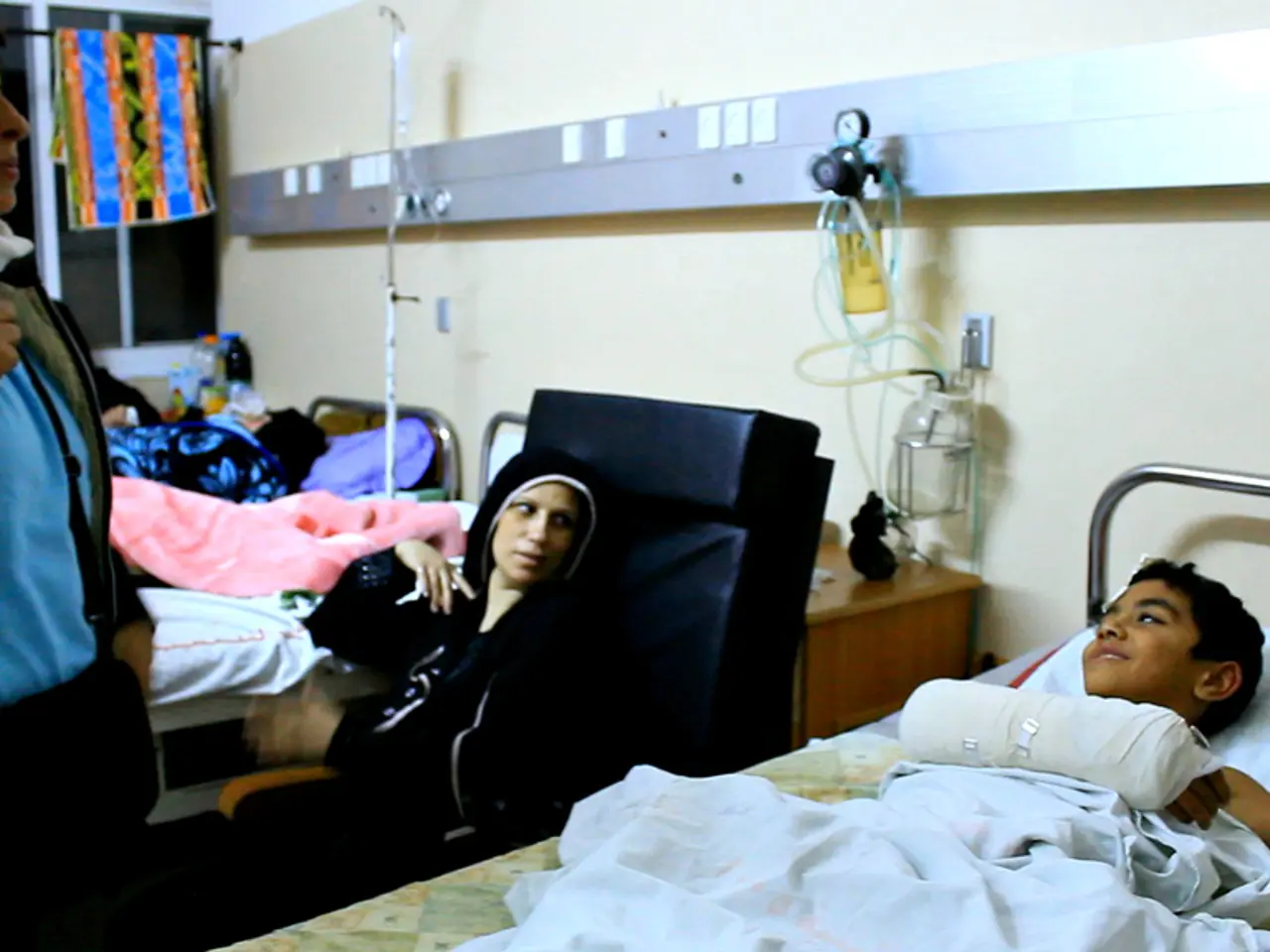Regional health giants, ChristianaCare and Virtua Health, look to unite, aiming to create a powerful, regional health system.
The health care landscape is abuzz with the potential merger of two significant players in the industry - ChristianaCare and Virtua Health. Both organizations have signed a non-binding letter of intent, marking the initial step in a multi-stage process towards a potential deal.
If definitive, binding agreements are signed, the parties will seek regulatory approvals to shape the future of care in the region with innovation and intention. The proposed merger aims to create an eight-hospital nonprofit regional health system across New Jersey, Delaware, Pennsylvania, and Maryland counties, encompassing nearly 30,000 employees, over 600 sites of care, and generating more than $6 billion in annual revenues.
At this stage, the two health systems remain as separate independent entities while conducting due diligence, negotiating final agreements, and working towards obtaining necessary regulatory approvals. No specific timeline has been provided for when the merger might be completed.
The anticipated benefits of this merger are manifold. The merged system would be a large regional integrated health network combining clinical excellence and a deep commitment to community care. The merger aims to multiply clinical excellence and leverage innovation and intentional strategic planning to shape the future of healthcare in the region.
A larger system could enhance academic programs, supporting over 500 residents and fellows, potentially increasing medical education and research capacity. Combining resources could improve coordination of care, potentially improving patient outcomes and efficiency. Leaders emphasize the vision of building a health system based on human connection in addition to clinical capabilities, indicating a patient-centered approach.
However, the merger also presents challenges. Being a non-binding letter of intent, the deal requires extensive due diligence, negotiation, and regulatory scrutiny, which presents uncertainty and complexity. Merging two large systems involves integration challenges across operations, cultures, technologies, and networks. Potential regulatory hurdles and approvals from multiple states and federal agencies must be cleared before finalization. Managing such a vast system spread across several states with diverse populations and healthcare needs requires careful coordination and governance. Maintaining service quality and patient experience during transition phases will be critical.
In summary, the merger exploration signals a bold effort to create a leading regional nonprofit health system focused on clinical excellence and community commitment. However, it remains in an early, cautious stage with complex negotiations and approvals pending. The potential impact on health care costs, services, or quality for the communities involved has not been addressed in the press release.
- This potential merger between ChristianaCare and Virtua Health, if successful, aims to foster innovation in mental health, health-and-wellness, and medical-conditions by creating a larger regional system that can leverage its resources for academic programs, improving coordination of care, and increasing medical research capacity.
- As both organizations navigate the complex process of due diligence, negotiations, and regulatory approvals required for the merger, they demonstrate a commitment to shaping the future of care in the region not just through clinical excellence, but by fostering a patient-centered approach that prioritizes human connection as well.




